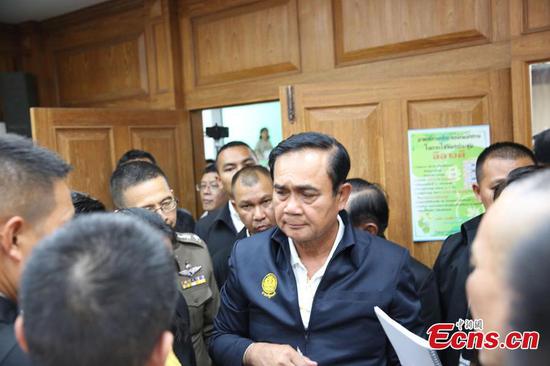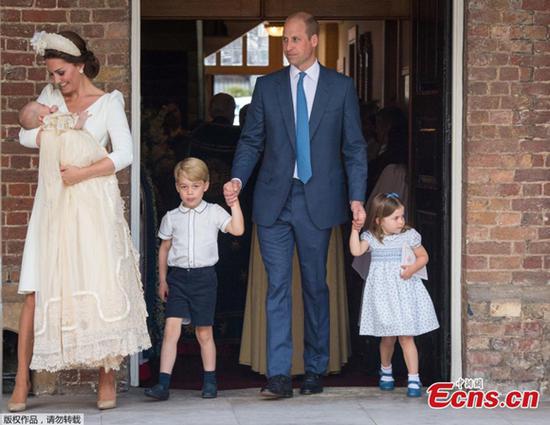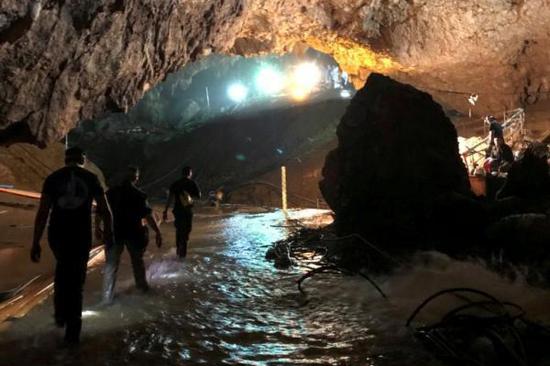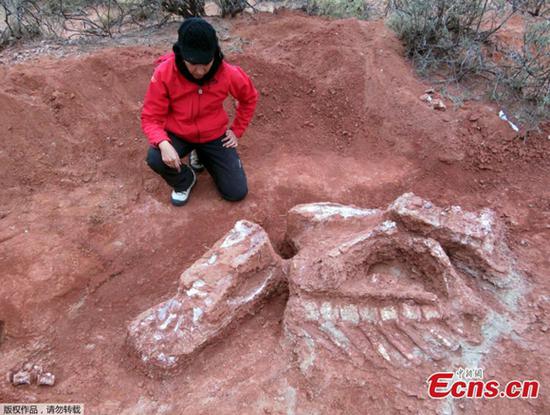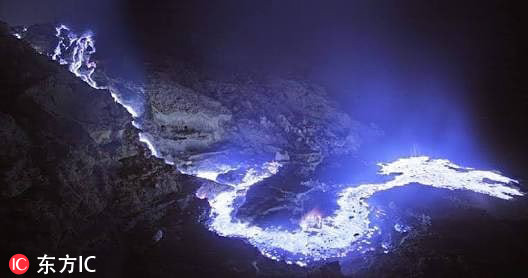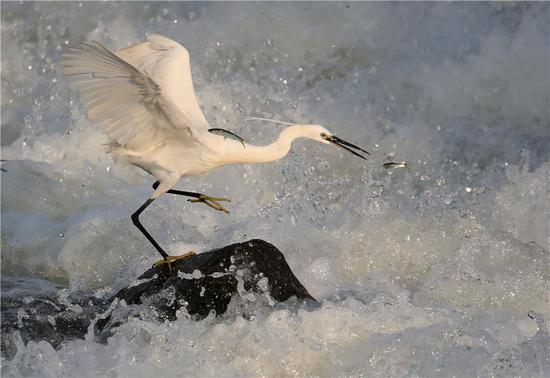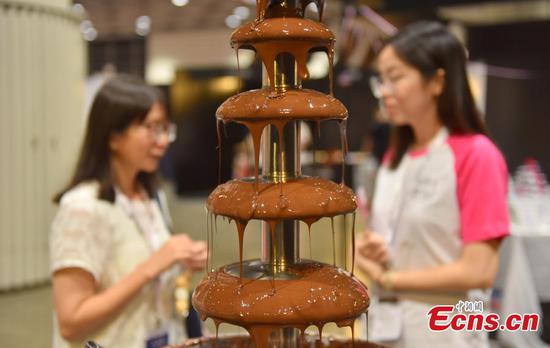U.S. President Donald Trump ended days of a self-imposed suspense by nominating conservative federal appeals court judge Brett Kavanaugh to the country's Supreme Court.
Kavanaugh, if confirmed by the Senate, would to succeed Justice Anthony Kennedy, who will retire end of the month.
In a prime time address from the White House making the announcement, Trump called Kavanaugh "one of the finest and sharpest legal minds of our times," adding that he is "considered a judge's judge and a true thought leader among his peers."
"Judge Kavanaugh has impeccable credentials, unsurpassed qualifications and a proven commitment to equal justice under the law," said Trump.
Kavanaugh said "a judge must be independent and must interpret the law, not make the law. A judge must interpret statutes as written and a judge must interpret the constitution as written."
The 53-year-old was reportedly the frontrunner among four finalists, who included federal appeals judges Thomas Hardiman, Amy Coney Barrett and Raymond Kethledge. They were all part of a 25-name list vetted by conservative groups.
The announcement ended days of suspense following Kennedy's announcement late June that he would retire on July 31.
Since then, the president had been pondering his pick for the Supreme Court seat held by Kennedy. While repeatedly giving teasing details of the decision-making process in recent days, Trump offered little information about his thoughts.
Kavanaugh has served as a judge on the U.S. Court of Appeals for the District of Columbia Circuit since 2006. Prior to that, he served in the George W. Bush administration, as an associate counsel and then subsequently as assistant to the president and staff secretary.
A graduate of Yale College and Yale Law School, Kavanaugh clerked on the Supreme Court for Justice Kennedy and for judges of circuit courts of appeals. He also served as a counsel for the Office of Independent Counsel under Ken Starr and as a partner at Kirkland & Ellis, LLP.
The nine-member Supreme Court decides matters that shape the country's politics. It is both the highest appeals panel and a constitutional court.
Kennedy, 81, is the court's current longest-serving member and second-oldest judge and is widely thought to be a moderate and pivotal swing vote between conservatives and liberals on the nine-member bench.
Senate Majority Leader Mitch McConnell called Kavanaugh "a superb choice."
Liberal advocacy groups and others have voiced concerned that Trump's pick could move the already conservative-leaning court more solidly to the right and revisit landmark rulings on abortion access, same-sex marriage and other hot-button issues.
Democrats have focused the nominee's view on the high court's monumental Roe v. Wade ruling in 1973 that guarantees women the right to have an abortion.
Kavanaugh has never expressed outright opposition to the Roe v. Wade decision, nor has he had any record on gay rights and same-sex marriage, but he is set to face tough questions from Democrats on those issues.
Senate Minority Leader Chuck Schumer said in a statement Monday night that by selecting Kavanaugh, Trump "has put reproductive rights and freedoms and healthcare protections for millions of Americans on the judicial chopping block."
"I will oppose Judge Kavanaugh's nomination with everything I have, and I hope a bipartisan majority will do the same," Schumer said. "The stakes are simply too high for anything less."
Among Republican ranks, Senator Susan Collins of Maine, a moderate, has signaled that she could break with her party if Trump taps someone hostile to the Roe v. Wade ruling.
Senator Lisa Murkowski of Alaska, another moderate Republican who favors abortion rights, has said that her standards for a Supreme Court nominee are "extremely high."
Republicans have tried to seek support from Democrats.
Three Democratic senators, Indiana's Joe Donnelly, North Dakota's Heidi Heitkamp and West Virginia's Joe Manchin, were reportedly invited to the White House for Trump's nomination of but all the invitations were declined.
All the three senators face tough re-election races this November in heavily Republican-leaning states that Trump won comfortably in 2016.
Nominating Kavanaugh was the second time in two years that Trump has made a Supreme Court pick.
He nominated Neil Gorsuch, seen as solidly conservative, to the court shortly after he took office early 2017. Gorsuch was confirmed by the Senate with a 54-45 vote months later.
The confirmation for Kavanaugh's nomination is expected to be contentious, with the Senate now narrowly divided, 51-49, in favor of Republicans.
The White House said Monday that former U.S. Senator Jon Kyl of state of Arizona would guide Kavanaugh through the Senate confirmation process.
The nominee will begin meeting with senators on Tuesday.











